Mutual funds and ETFs are both types of investment vehicles that allow investors to pool their money together and invest in a variety of assets. While they share some similarities, there are also some key differences between mutual funds and ETFs. One of the key differences between mutual funds and ETFs is that mutual funds […]
Why Is Etf Robo Expense Ration So High
There are a lot of factors that go into the high expense ratios of ETF-based robo-advisors. One reason is the extra layer of management that’s needed to choose and monitor the right ETFs for clients. Another reason is that ETFs themselves come with higher fees than mutual funds. For example, the average expense ratio for […]
What Is The Etf Expense Ratio
An ETF expense ratio is the percentage of an ETF’s assets that are used annually to cover the fund’s management and administrative costs. These costs may include the cost of portfolio management, legal and accounting fees, and other operational expenses. ETFs are often seen as a low-cost alternative to mutual funds, and the expense ratio […]
Why Do Green Energy Etf Have Higher Expense Ratios
All exchange-traded funds (ETFs) come with an expense ratio, and green energy ETFs have higher expense ratios than other ETFs. But what does that mean for investors, and is it worth paying more for a green energy ETF? What Is an Expense Ratio? An expense ratio is a measure of how much it costs a […]
Why Are Etf Expense Ratios Lower Than Mutual Funds
There are a few reasons why ETF expense ratios are typically lower than mutual fund expense ratios. First, ETFs are typically passively managed, while most mutual funds are actively managed. Passive management generally costs less than active management, so this is one reason why ETFs have lower expense ratios. Second, ETFs are traded on exchanges […]
What Is An Expense Ratio For Etf
What is an expense ratio for ETF? An expense ratio is a measure of how much a company charges to manage an ETF. It is calculated by dividing the fund’s annual operating expenses by the average net assets of the fund. ETFs are a low-cost investment option, and the expense ratio is one of the […]
Why Do Emerging Market Etf Have Higher Expense Ratio
An exchange-traded fund, or ETF, is a security that tracks an index, a commodity, or a basket of assets like stocks and bonds. ETFs trade on exchanges and can be bought and sold just like stocks. One key difference between ETFs and individual stocks is that ETFs often have lower expense ratios. This means that […]
How Expense Ratios Work Etf
In the investment world, expense ratios are one of the most important metrics to consider when choosing a mutual fund or exchange-traded fund (ETF). Simply put, expense ratios are the percentage of a fund’s assets that go towards management and administrative costs. For individual investors, it’s important to understand how expense ratios work and what […]
Etf What Is Expense Ratio
An expense ratio is the percentage of a fund’s assets that are spent annually on management and administrative costs. This includes the costs of running the fund, such as investment research, trading, and shareholder services. The expense ratio also includes the 12b-1 fee, which is a marketing and distribution fee that some funds charge. The […]

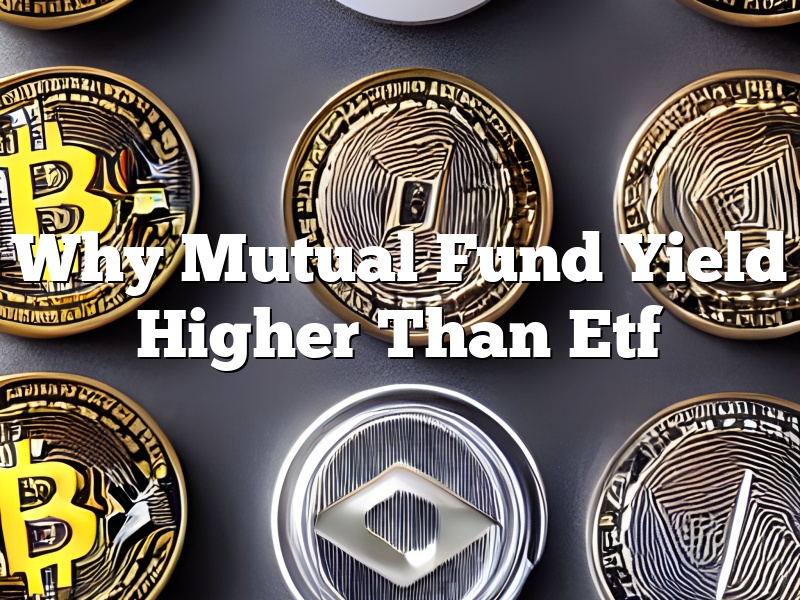



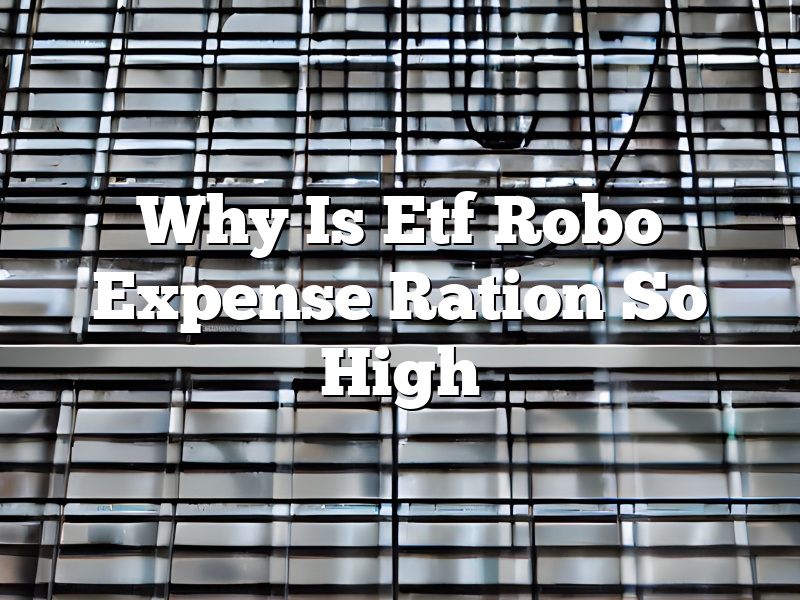
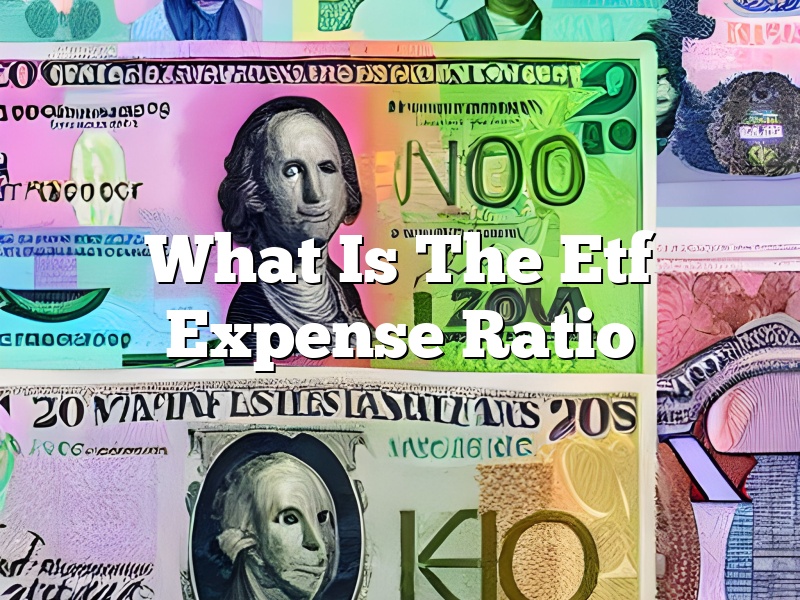



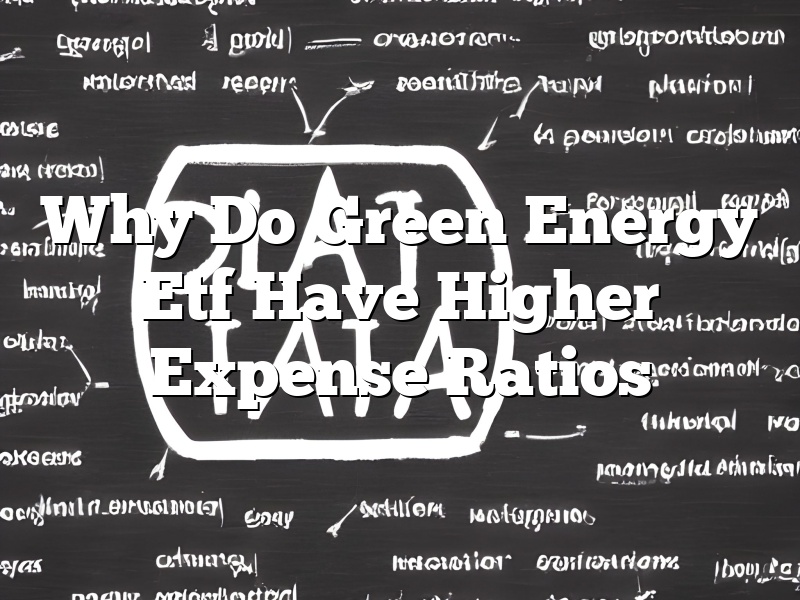
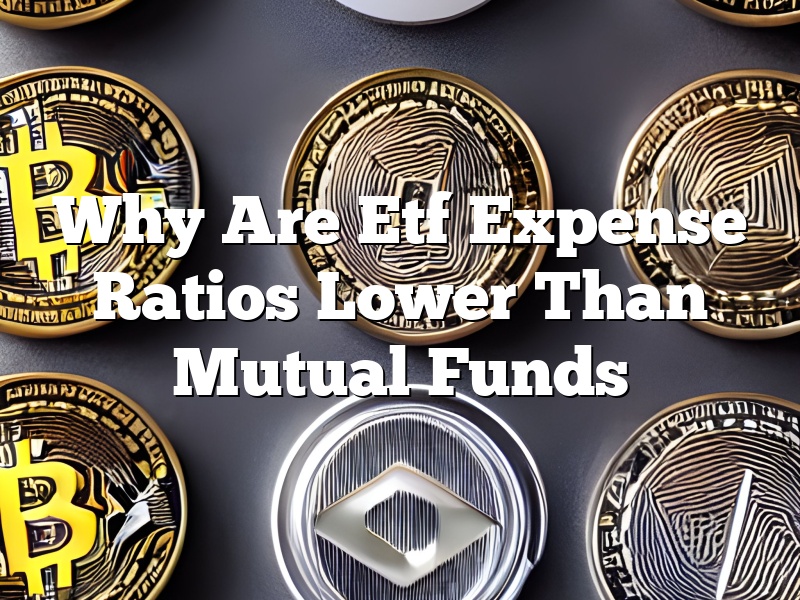
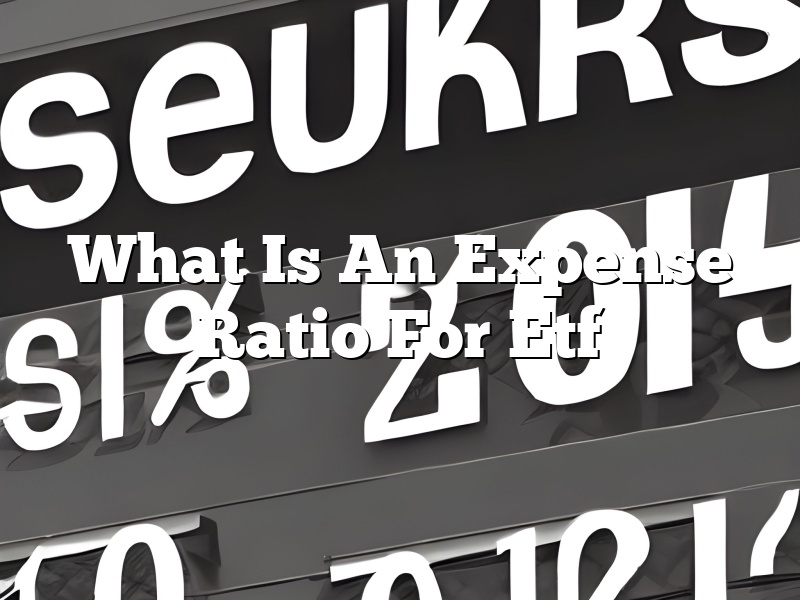



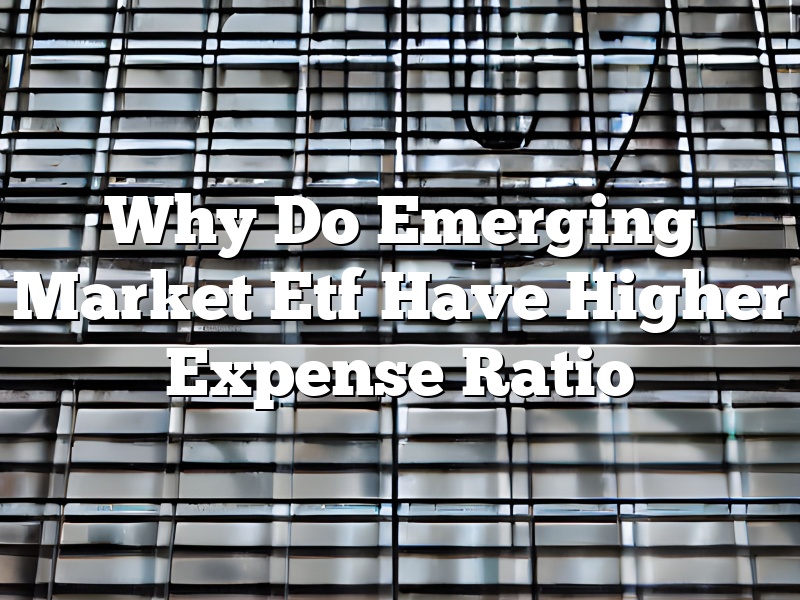
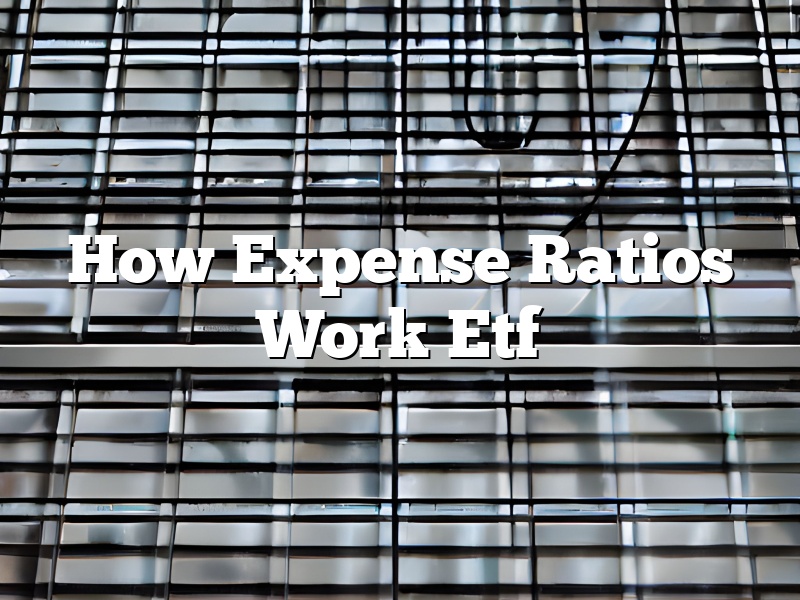







0